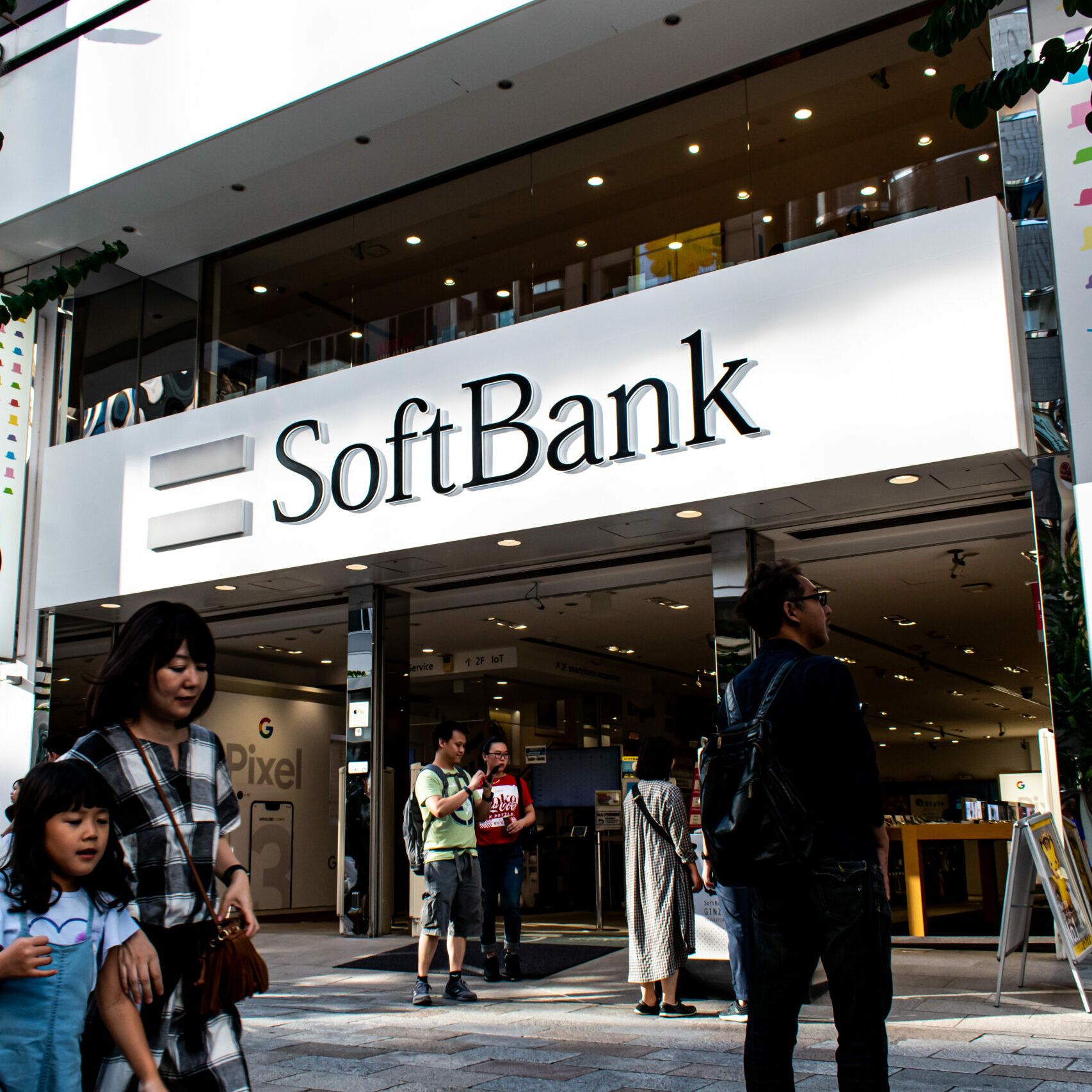The year 2022 saw unprecedented level of sanctions imposed on Russia, as well as new and expanded sanctions controls targeting old foes like China and Iran. While the fund sector has become accustomed to the new normal, a new dawn of economic controls looms on the horizon.
PARTNER CONTENT
By Gabriela Gibson,
Senior Regulatory Services Officer, Paget Brown
The year 2022 saw unprecedented level of sanctions imposed on Russia, as well as new and expanded sanctions controls targeting old foes like China and Iran. While the fund sector has become accustomed to the new normal, a new dawn of economic controls looms on the horizon.
In recent years, support for the introduction of outbound investment screening for certain corporate transactions connected to China and other foreign countries of concern such as Russia and Iran, has gained significant traction in the United States. Recent research shows that US investors’ indirect investment in China was far greater than initially understood, as a result of their holdings in offshore structures – the majority of which were Cayman-domiciled entities. The United States government has ratcheted up its efforts to address national security risks relating to China in areas that have been identified in supply chains and corporate transactions, with proposal for outbound investment screening gaining significant traction. Cayman Islands’ fund service providers should be aware of these developments that will undoubtedly affect the way we do business.
If outbound investment screening is successfully implemented in the US, it will have an impact on how US investors and fund managers direct capital flows, which will in turn affect the Cayman Islands’ fund sector.
US’ push for the implementation of outbound screening mechanisms
The recent journey of an alleged Chinese spy balloon has renewed calls for dissuasive actions to be taken against China in order to mitigate national security threats posed by China. While there is a robust inbound investment screening process in place, outbound investment screening has been hotly debated for some time with draft legislation, the National Critical Capabilities Defense Act (NCCDA), still to be enacted by Congress. However, in March 2023, the Departments of Commerce and Treasury submitted a reports to US Congress describing how an outbound investment screening programme would work, and the resources required over a three-year period, in order to establish and implement it. It was reported that the programme would cover private-equity and venture capital investments in advanced semiconductors, quantum computing and some forms of artificial intelligence.
Even if the NCCDA is not enacted by Congress, reports indicate that the White House is on a fast track to establish outbound investment screening restrictions via an executive order.
At this stage, it is difficult to determine the legal mechanism(s) to implement the screening, reporting thresholds, what investments will be caught or deemed critical for US national security purposes, or which agency or agencies will be responsible for oversight. It is expected that at minimum, US persons would have to report on their planned investments in countries deemed to be countries of concern1.
Impact on the Cayman Islands Fund Sector
The Cayman Islands’ is a popular jurisdiction for fund managers and investors globally. US-domiciled fund managers represent a significant majority of managers of Cayman Islands’ registered funds. Thus, the Cayman Islands’ fund sector is materially connected to the United States, and changes in the regulatory and private equity landscape in the United States, such as the implementation of outbound investment screening, will have an impact on the Cayman Islands.
It is expected that the proposed regime will impose on US persons, including entities owned or controlled by a US person, the obligation to report on any reportable transactions. Moreover, the draft NCCDA gives broad powers to the oversight agency to prohibit a transaction from occurring.
From the above, there are a few ways in which a Cayman Islands fund could become party to a covered transaction. That is,:
As a US person – Where a Cayman Islands fund meets the definition of a US person. From a practical perspective the most common instance where a Cayman fund could be deemed to be a US person, is where the fund sponsor, investment adviser or manager, or the directors, general partner, trustees etc. is a US person.
As an entity of concern – The NCCDA categorises an ‘entity of concern’ as a subsidiary of an ultimate parent company domiciled in a country of concern, or one that is directly or indirectly owned or controlled by, or subject to the influence of a foreign person. Likely scenarios include Cayman Islands’ funds that are publicly traded on Chinese exchanges, or co-investment vehicles where a material co-investor is a Chinese person (e.g. private company or state-owned entity).
Opportunities
It is important to note that any positive impact of outbound investment screening on the Cayman Islands’ fund sector will be incremental and likely to occur over the long-term. This development could provide Cayman Islands’ service providers with an opportunity to leverage the already robust compliance framework to assist their fund clients in meeting these new obligations.
The industry could also benefit from diversification, pushing the jurisdiction to attract and develop relationships with fund managers outside of the US.
It can also serve to boost the Cayman Island’s reputation by providing an opportunity for the jurisdiction to demonstrate its commitment to transparency and regulatory compliance.
Threats
Notwithstanding the opportunities, all jurisdictions that facilitate global financial markets, including the Cayman Islands, may be constrained by the prohibition of certain corporate transactions. US investors may need to reassess their investment strategies if outbound investment screening policies result in restrictions on certain types of investments or industries. This could lead to a shift in investment flows away from certain sectors or industries, potentially impacting the investment focus for certain Cayman Islands’ funds.
The implementation of outbound investment screening is also likely to increase the level of scrutiny applied to investments made through the Cayman Islands’ fund sector. This increased scrutiny could lead to delays and additional regulatory requirements, making investing through Cayman Islands funds less attractive to US investors.
Recommendations
Given the rapid developments in this space, Cayman Islands’ firms should be proactively monitoring and reviewing their book of business to identify those client entities that may be in scope for outbound screening requirements due to the connections to China and other countries of concern, and that are investing in, or planning to invest in areas deemed critical for national security purposes. Of special note are those firms with exposure to China whose investments are targeted within the technology or military, defense or intelligence sectors.
Conclusion
Internationally, there appears to be greater convergence by governments on the importance of mitigating the national risks present in the foreign direct investment sphere. There is growing support for outbound investment screening in Europe and the UK, and the G-7 is expected to discuss this topic at their upcoming May meeting.
Overall, the impact of outbound investment screening policies in the United States on the Cayman Islands’ fund sector will depend on the specifics of the policies implemented, the level of scrutiny applied, and the response of US investors. Developments are occurring in real time that indicate that outbound investment screening could be implemented in the US before the end of 2023.The long-term economic implications of the introduction of outbound investment screening are still unknown, however, local fund administrators should take the time to fully understand the implications of outbound investment screening and prepare for its imminent implementation.
Gabriela Gibson, Senior Regulatory Services Officer, Paget Brown – Gabriela Gibson provides AML/CTF/CPF compliance and regulatory support services to Paget-Brown’s fund clients. She is a former financial crime intelligence analyst, having been responsible for the analysis of suspicious activity reports, and providing actionable intelligence to assist in cross-border financial crime investigations and asset tracing. She specializes in global sanctions compliance and has significant knowledge of key anti-money laundering legislation and related regulatory obligations. Gabriela has served on national working groups in the Cayman Islands, and has a keen interest in national security issues.






